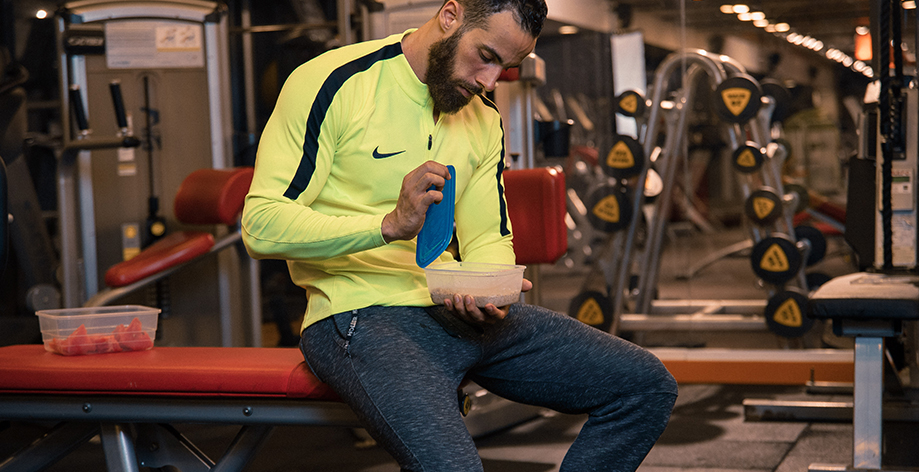
Calorie Counts and Weight loss
You may or may not be familiar with how calories work and our bodies’ mechanism of weight reduction but it is quite simple. The foods we eat provide us with energy in the form of calories. Calories are a measure of how much energy there is in foodstuff. Your body does not use up all of the energy you give it. How much energy (calories) your body is in need of depends on many things but two important factors that determine how many calories your body needs on a daily basis include your activity level and your body’s metabolism.
If you have attempted to lose weight in the past, then you have surely been recommended to the calorie count. If your calorie intake is equal to what your body uses up during the day then your body weight would remain stable. If your calorie intake exceeds the number of calories your body uses up during the day, the extra calories will be stored in your fat cells and weight gain will occur. Finally, if your calorie intake is less than the number of calories your body uses throughout the day your body will then use some of the calories stored in your fat cells to make up the difference and you would lose weight. SO, in order to lose weight, your daily calorie intake MUST be less than the number of calories your body needs. You do that through tracking your foods and calorie counting.
What are calorie counts and how do you go about it? Well, as mentioned, in order to lose weight, we must ensure that we’ve got a calorie deficit and that is only possible through calorie counting. Tracking your foods is hands down your best tool when it comes to weight loss. Calorie counting is finding out how many calories are in the foods you are eating. Depending on if you are eating home-prepared meals or eating out, tracking your foods would include checking online nutrition databases for fresh foods (USDA is a good place for that), as well as nutrition facts for packaged foods and nutrition databases for places you are eating at if they are available.
Although less applicable to nutritional information available for pre-packaged foods and meals, an important component to calorie counting is being able to measure HOW MUCH there is of each food in a meal or a snack you’ve prepared. Some tools of measuring include weighing your food using a scale, using measuring cups and spoons or simply eyeballing the amounts. Once you know the nutrition facts and amount you’ve eaten of each food, you can add up the numbers and find out the calorie/nutrient breakdown of your meals. Tracking the nutritional values of the foods you are consuming is a powerful tool for making dietary and exercise decisions and ultimately achieving weight loss.